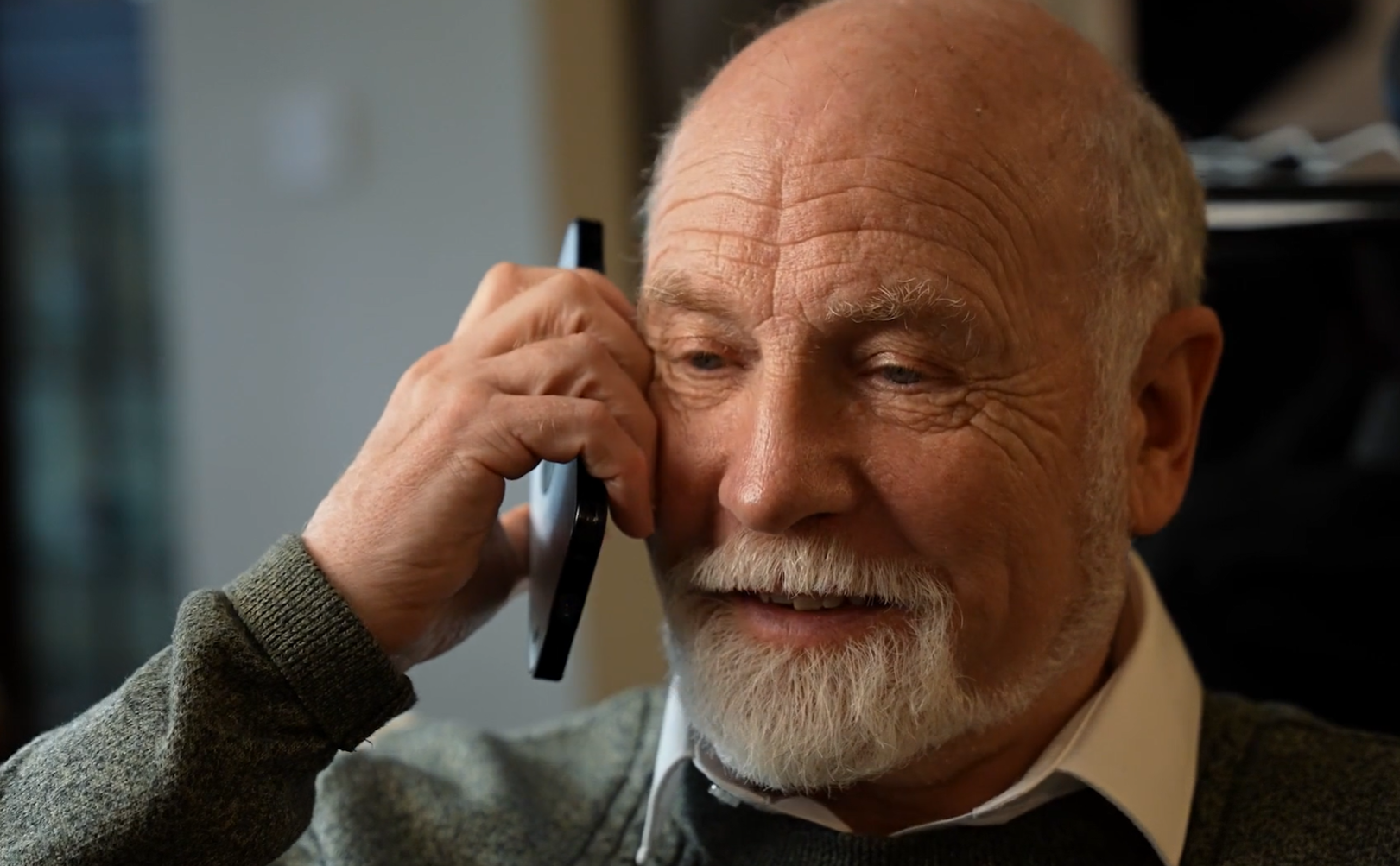Revolutionising hospital discharge: The transformative power of digital care solutions for the elderly.
WRITTEN BY USER ON 18TH JANUARY 2024

The issue of delayed discharges from hospitals has been worsening year on year as our population grows and ages, leaving NHS services increasingly overburdened. This growth will only expand in the coming years with experts estimating that between 2018 and 2035 the population aged 80 and over in the UK is expected to increase by around 51%, compared with an increase of almost 29% for 65–79-year olds. (UK Parliament).
Sustainable, person-centred care
The Kings Fund report recently pointed out some serious issues. These problems have a big impact on patients’ recovery and how well health and care services operate. In England, relying on temporary winter funds over and over again to address this problem shows how critical it is, especially during colder months.
The insights gleaned from interviews with commissioners and service providers in six local areas reveal a complex landscape. While the availability of additional funds was welcomed, the timing often posed challenges for effective planning. As a result, funds were at times directed towards immediate residential care solutions rather than towards improving home-based support services – which play a crucial role in the cycle of sustainable, person-centred care.
Digital care is providing hope
In this challenging landscape, digital care emerges as the beacon of change, reshaping how we approach hospital discharge and medical monitoring for those who need it. At its core, digital care ensures a smoother, safer journey from hospital settings to the comfort of a patient’s home. This proactive approach not only mitigates the challenges but also reduces the likelihood of return visits to hospitals, particularly for our elderly population.
Imagine a scenario where digital care becomes the linchpin in the wider digital transformation of the NHS, much like the visionary Virtual Wards project. Making this not just a technological upgrade; but a shift in how we deliver care in our hospitals and homes. By integrating digital solutions into the hospital discharge process, we are helping to create a new era of healthcare that extends the circle of care for the elderly and provides their support networks with peace of mind.
Virtual care can reduce frequent readmissions
The significance is profound: digital care acts as a shield against pitfalls in the transition process. Through monitoring patients’ health through the form of virtual care using AI technology, such as Sentai, health and social care professionals are able to more effectively manage their time, ensuring that patients receive optimal care. This preventive measure will help to reduce frequent readmissions, alleviating the strain on healthcare resources and, most importantly, enhancing the quality of life for those who require care.
Moreover, this isn’t just about a technical upgrade; it’s about harnessing the potential of digital care to create a safety net for patients that need it. Digital care alternatives can empower those receiving care at home through a series of functions including medication prompts, activity monitoring and voice reminders to reach out to loved ones. All of these measures can allow patients to thrive in their homes for longer, surrounded by the support of their network, while technology stands as a silent guardian—monitoring, nurturing emotional wellbeing, and bridging the gap between healthcare providers and families.
As we navigate the challenges outlined in the Kings Fund report, digital care emerges as a source of hope— one that will lead to a more streamlined, patient-focused solutions that transcend the limitations plaguing current discharge processes. It’s time to leverage technology not just to address but fundamentally transform how we approach transitional periods within our health and social care systems.
You might also be interested in

Why it’s time to add a digital offering to your care service
In an era of rapid technological advancement, the care industry is not exempt from the transformative power of digital innovation. From care homes to those that receive in-home care, technology has the power to improve quality of life and the care received. This is why Sentai is offering to support care providers and empowering them… Continue reading Why it’s time to add a digital offering to your care service
Read more
Reducing loneliness in older people | How Sentai can offer companionship
At Sentai, our mission is to reduce loneliness in older people. In this blog, we’ll be discussing how our AI technology can help by offering companionship.
Read more
At-home care | What is the role of Sentai AI?
Are you interested in discovering how artificial intelligence and technology can aid the future of at-home care? Read our blog to find out more about Sentai.
Read more